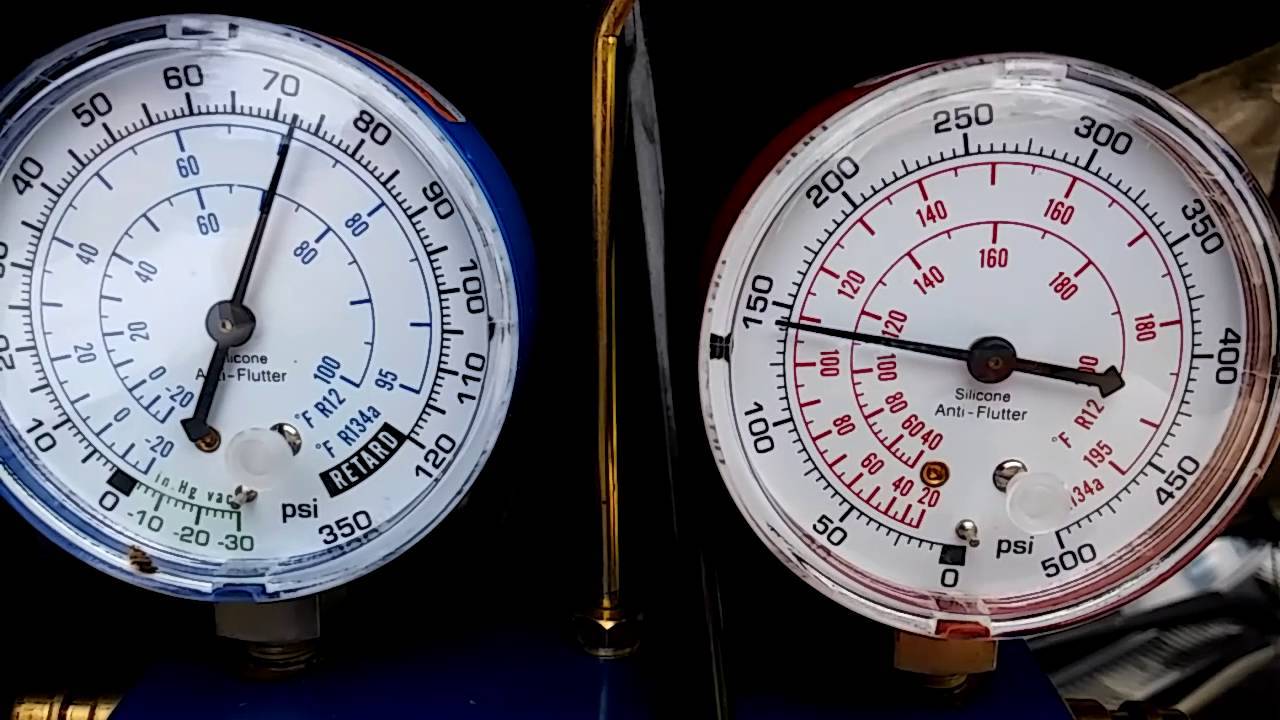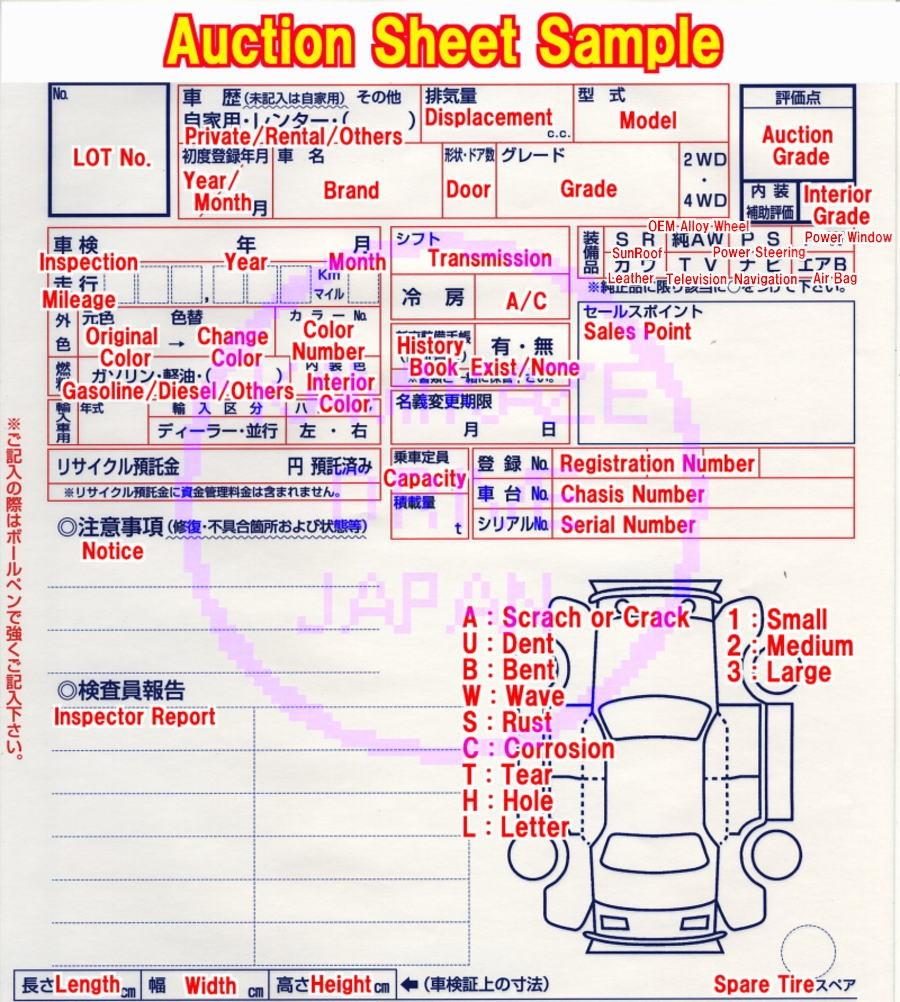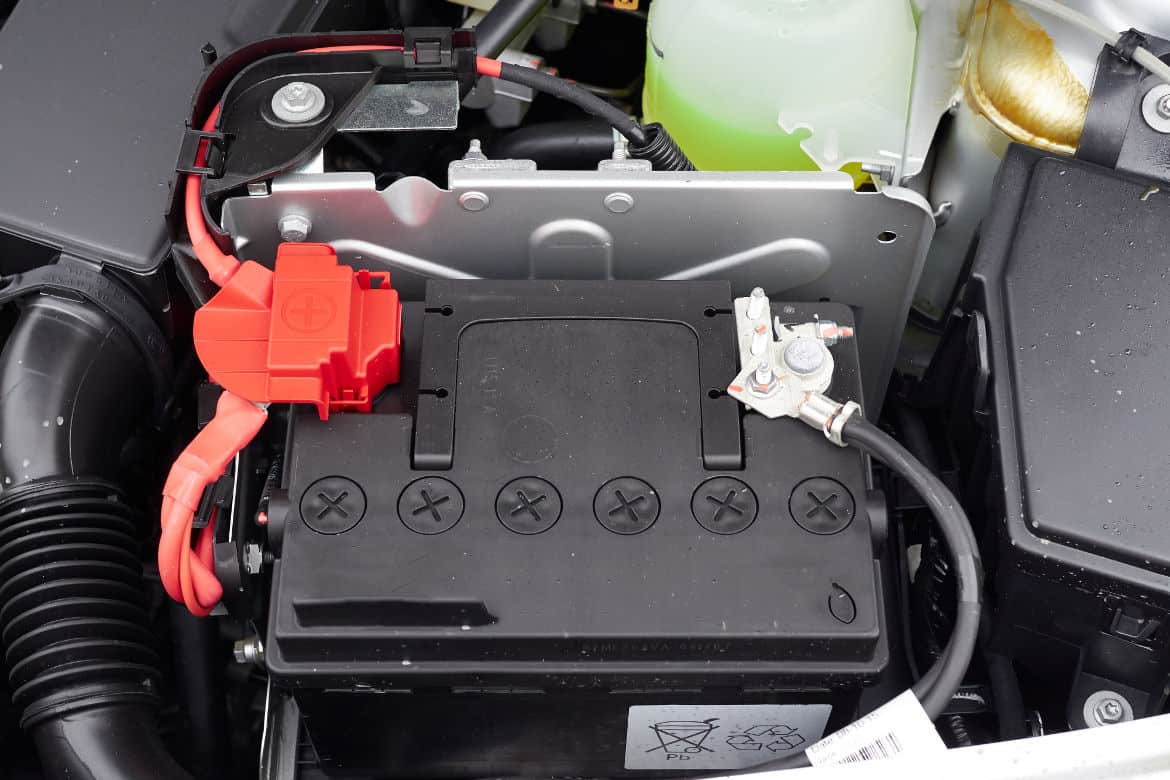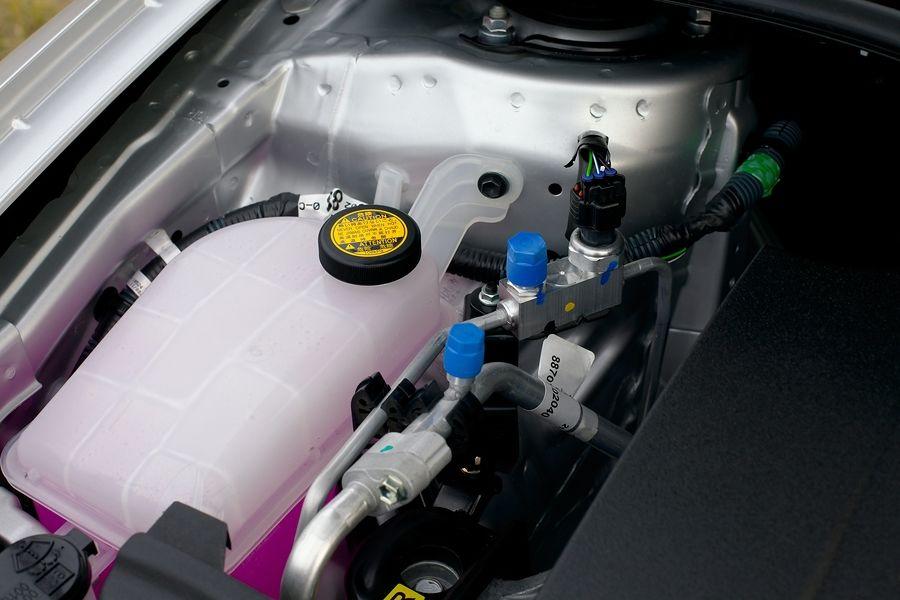The Pros and Cons of Nitrogen Tire Inflation
The use of nitrogen tire inflation has been becoming common day by day. Nitrogen filled tires are an alternative to tires filled with regular air.
The idea is gaining traction lately among average consumers though the United States military, NASCAR, and the aviation industry have been using nitrogen tires for years.
Like other things, using nitrogen in tires has its unique benefits and downsides. Let’s take a look at the both sides of nitrogen in tires pros and cons to make your own decision:
Pros of Nitrogen Tire Inflation
Most car owners are wondering what is filling their tires? Some of them think it is air, however, it is something else. Since Nitrogen is much more stable than oxygen, it is the perfect candidate for the tire filling.
To be more precise, race cars, aircraft, spacecraft, as well as industrial machinery require tires that can withstand precision tuning. So what nitrogen actually does for us?
Stable Tire Pressure
Nitrogen filled tires remain steady over the long term because nitrogen hardly goes through the rubber of tires. The underinflated tires also show less pressure fluctuation with the change of temperature.
As a result, they are popular in the racing arena because conventional air-filled tires display pretty inconsistent pressure when they heat up and require TPMS to check on tire pressure regularly during the trips to guarantee drivers safety.
However, drivers need to understand that nitrogen does not possess the power of making your handling better, especially during the daily commute.
Nitrogen provides minor benefits for everyday driving by optimizing and stabilizing the tire pressure, which is only amazingly fit for race cars.
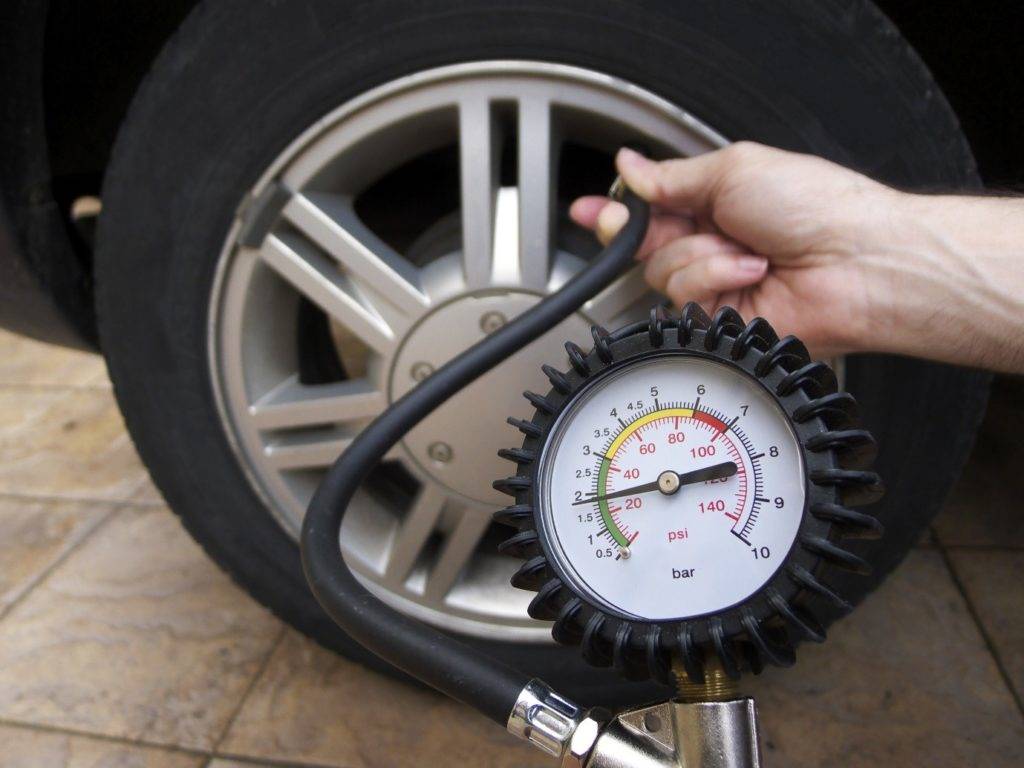
Less Leakage From Tires
When we discuss nitrogen in tires pros and cons, we are talking about the air escaping from the tires. When the car is moving, the rubber flexes and stretches while rolling which slowly deflates the air.
Based on chemistry, an atom of oxygen is structurally smaller than an atom of nitrogen. For that reason, the nitrogen is less able to escape from a tire as well as permeate the rubber.
And this is not just a theory: The nitrogen actually proved that it escapes from a tire 1.6 times slower than air.
Fuel Efficient
The right and consistent tire pressure has improved the fuel efficiency in nitrogen tires. It is believed that having the correct air pressure boosts the fuel economy greatly.
Since higher tire pressure brings much better fuel efficiency, it is very helpful for drivers. To be more specific, higher tire pressure decreases the resistance of car rolling, as well as reduces the inflation.
A single tire can save you 3%-6% of fuel over its lifetime, which is not huge but still counts in the discussion of nitrogen filled tires pros and cons.
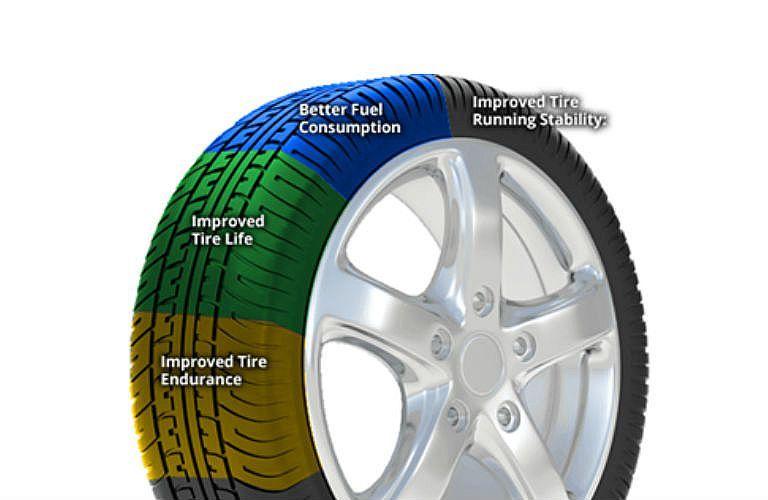
Eco-friendly
Without a doubt, nitrogen is a green alternative to nitrogen in tires pros and cons discussion. More than 300 million tires are disposed of each year.
However, using nitrogen in tires can reduce that number by 30%. To be more specific, the tires filled with nitrogen maintain good pressure, provide better gas mileage as well as reduce the emission.
Not to mention, they prolong the life of the tire, reduce the tire’s demand of car owners as well as the natural resources.
As a result, nitrogen is the key to being greener for the world. Plus, nitrogen tires lower carbon footprint by reducing fuel combustion.
Durability
The durability is by far the biggest advantage when talking about nitrogen in tires pros and cons. Nitrogen tires have a longer lifespan because they don’t have the corrosive properties of standard air-filled tires.
Drivers usually fill the tires with nitrogen in order to reduce tear and wear on the wheels, as well as other car parts. Nitrogen is dry, so it doesn’t form rust to degrade the tires and the metal wheels.
SEE MORE
Compared with air containing water vapor while nitrogen does not, the nitrogen will decrease the pressure of the tire as it heats up.
Not to mention, water vapor will corrode the sensitive sensors, as well as rust the inside of the valve stem and the wheel.
Safety
Nitrogen is not combustible which makes safety an advantage of nitrogen in tires. For that reason, nitrogen tire inflation will not worsen a fire accident, unlike the air-filled tires.
Cons of Nitrogen Tire Inflation
Costly
Here comes the biggest drawback in nitrogen in tires pros and cons. Nitrogen is costly, that is for sure.
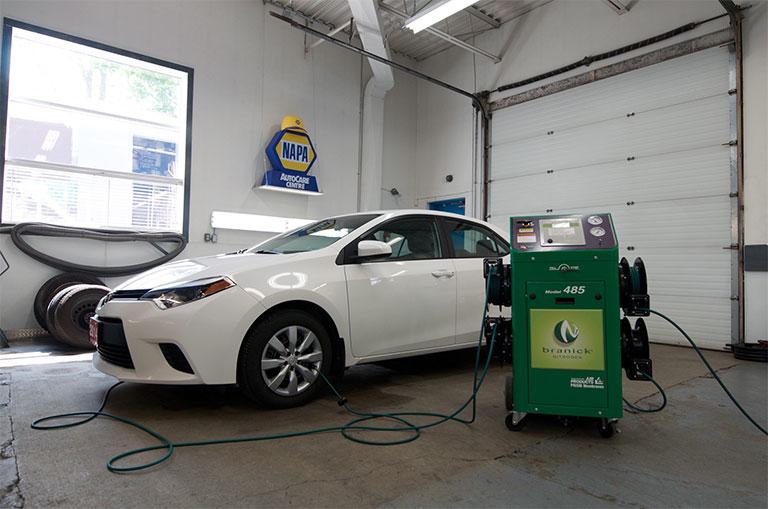
For that reason, nitrogen tire inflation is more expensive than conventional air inflation, as well as free air compressors at local gas stations.
You may need to spend more than $5 for inflating a single tire, not to mention the time for staff to operate. 10 years ago, car owners cost around $30 per tire filled with nitrogen
Unavailability
Unavailability is also one of the cons in the discussion of nitrogen in tires pros and cons. Not only is it much more expensive than air, nitrogen is actually harder to find.
To be more precise, you cannot find the services everywhere. Nitrogen tire inflation is available at only some selected professional service stations or tire shops.
Sometimes, you have to fill your tires with regular air since nitrogen inflation may not be available where you are. And this action will dilute the remaining nitrogen already filling in your tires.
Maintenance is still needed
Nitrogen tire inflation does not mean that you fill up the tires once and then forget about them. On the other hand, maintenance is actually more essential in the discussion of pros and cons of nitrogen in tires.
They need maintenance and pressure checks from time to time because both the inflation level and the tire pressure will not be the same forever. Failing to do so results in the loss of tire wear as well as gas mileage.
So if car owners cannot perform routine tire maintenance, the tires definitely do not wear evenly. This applies for tires with or without nitrogen.
Check out this video Fifth Gear to learn more about the differences between Nitrogen vs Air In Tires!
Time Consuming
Last but not least, one of the nitrogen in tires disadvantages is time consuming. Car owners actually need skills in order to perform the nitrogen fill-up due to its complexity.
To maximize the benefits of filling up with nitrogen, drivers want to bleed and fill the tires a number of times with the purpose of purging as much air as possible.
If your chosen tire shops have a filter machine that can remove oxygen out of the nitrogen, it can help fasten the process even though it is costly.
Conclusion
As you now have seen both nitrogen in tires pros and cons, you can decide for yourself what type of tires will suit your needs best.
However, nitrogen tire inflation should be your first choice if you are into racing, motorsports, or just love to enjoy speed on the highway! Just remember that maintenance is a crucial aspect if you choose to use a nitrogen tire.






